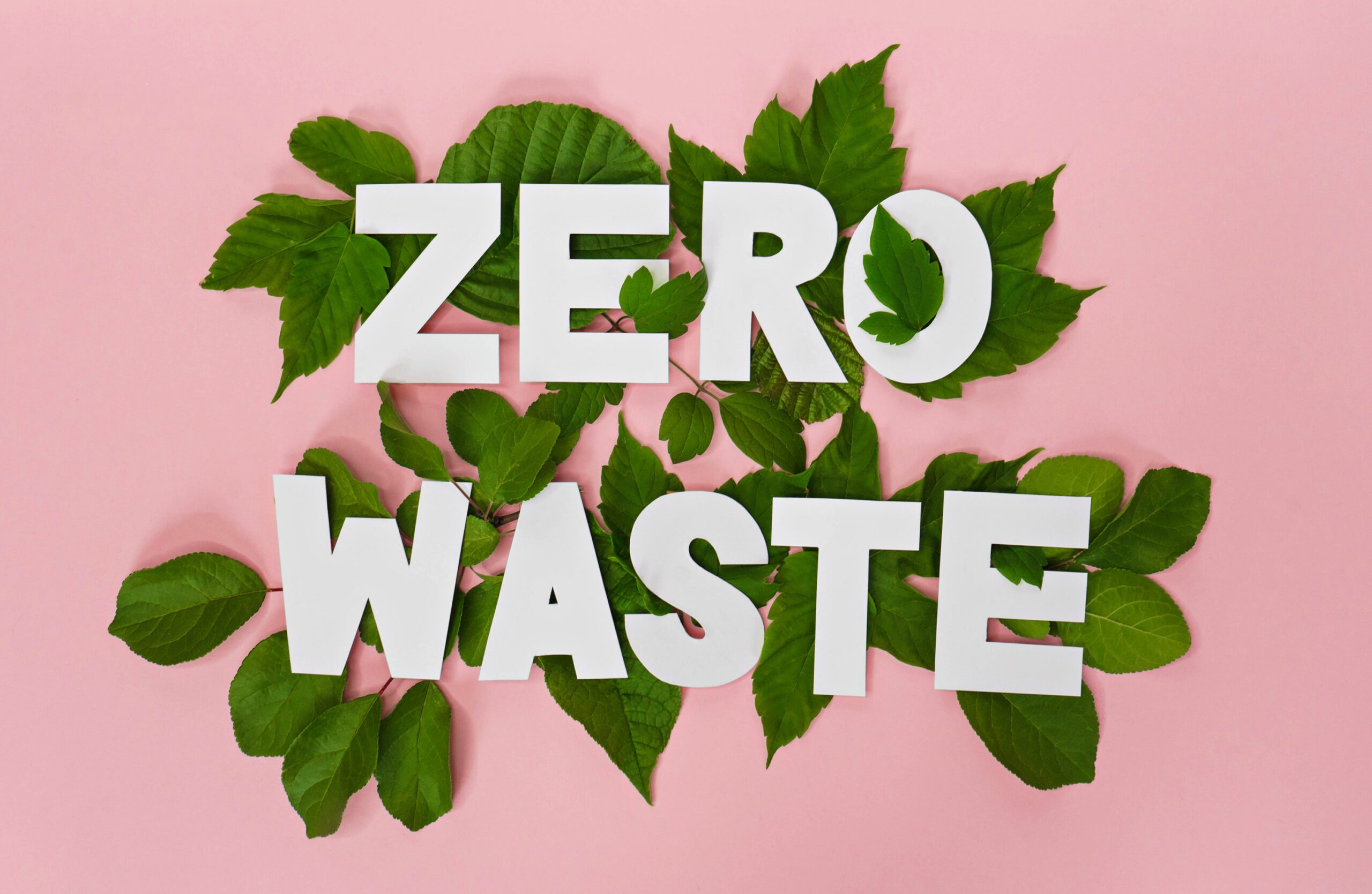What are the Principles of Zero Waste?
When it comes to managing a zero-waste business, there are 5 over-arching principles that guide action, these are:
- Refuse
- Reduce
- Reuse
- Recycle
- Rot
These basic rules help to categorize and simplify how your company views its waste, and what it does to deal with it.
You look at your refuse and sort it into what can be directly recycled, and what can’t. Then where possible, reuse or recycle as much materials as possible, and where there are organic materials which can be composted – they should be put to rot.
Any waste left over from these processes is then evaluated:
- Where did it come from?
- What was it used for?
- Can it be replaced with a sustainable alternative?
Companies who are making the switch to zero-waste operations have been considering their purchases, operations, packaging, and marketing; it is a full company effort which requires the involvement of everyone from the top down.
The process is growing in the US, especially with businesses reducing their use of single use plastics, and since 2015 hundreds of American stores promoting themselves as being zero-waste have opened.
SIGN UP TO OUR NEWSLETTER
We do not sell our lists, and you can easily unsubscribe if you so wish.
What Does the Future Hold for Zero Waste Companies?
The industry continues to flourish and grow as more people favour brands that are taking ethical and sustainable actions, and zero-waste is certainly on-trend.
It may be some time before industries and larger companies can truly promote themselves as being zero-waste and actually being carbon zero, and in the meantime, offsets are an important tool in limiting the amount of damage to the environment – but there will come a time when buying your green credentials is not enough, and genuine, sustainable, and lasting changes need to be made.



